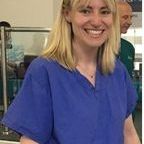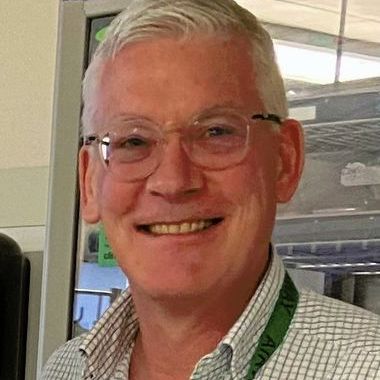'Rehabilitation: Along the recovery continuum' is organised by experts in the field, this study day will provide you with essential information on the rehabilitation journey of patients during and after critical illness. The exciting programme is aimed at all those involved in the care of patients as they prepare to leave ICU and progress on their journey to physical and mental health recovery.
Learning objectives:
- Improve your ability to support patients through their rehabilitation
- Understand the latest thinking in rehabilitation practice and approach
- Learn about the importance of nutrition and rehabilitation
- Hear from former patients regarding their experience
- Explore the multi professional team perspective
- Gain an insight into utilising third sector services to their fullest capabilities
- Hear new approaches to common problems
- Gain more understanding about psychological recovery
See programme details below from 9.30am:
|
Title of Talk |
Faculty |
|
General introduction to the day |
Paul Twose |
|
It’s not just the destination…the journey matters |
Richard & Bethany Huff |
|
Where are we, and where do we want to be? |
David McWilliams |
|
Questions |
PANEL |
|
Coffee break |
|
|
Within the 4 walls |
Chair: Zudin Puthucheary |
|
Feasibility of 48 – initial findings |
Claire Black |
|
Make me look like Popeye…the link between nutrition and rehab abilities |
Danni Bear |
|
The chronically critically ill, new ways of working |
Jack Parry-Jones |
|
Panel discussion including a former patient |
PANEL |
|
Lunch break |
|
|
Outside the 4 walls |
Chair: Kate Tantam |
|
Recovery after critical illness |
James Bruce |
|
Restoring voice and swallow |
Aeron Ginnelly |
|
The role of outreach in recovery |
Liz Staveacre |
|
Panel discussion including a former patient |
PANEL |
|
Tea break |
|
|
Where were the 4 walls? |
Chair: Paul Twose |
|
Gaps and bridges – provision of aftercare services to survivors of critical illness |
Joel Meyer |
|
Picking up the pieces – psychological recovery |
Matthew Beadman |
|
View from the ICM trainee – what do I need to know, how can I help? |
Emma Jackson |
|
Panel discussion including a former patient |
PANEL |
|
The rapid round – 3 talks (5 mins/2 mins Q&A) |
From the delegates |
|
Closing remarks |
Paul Twose |





















